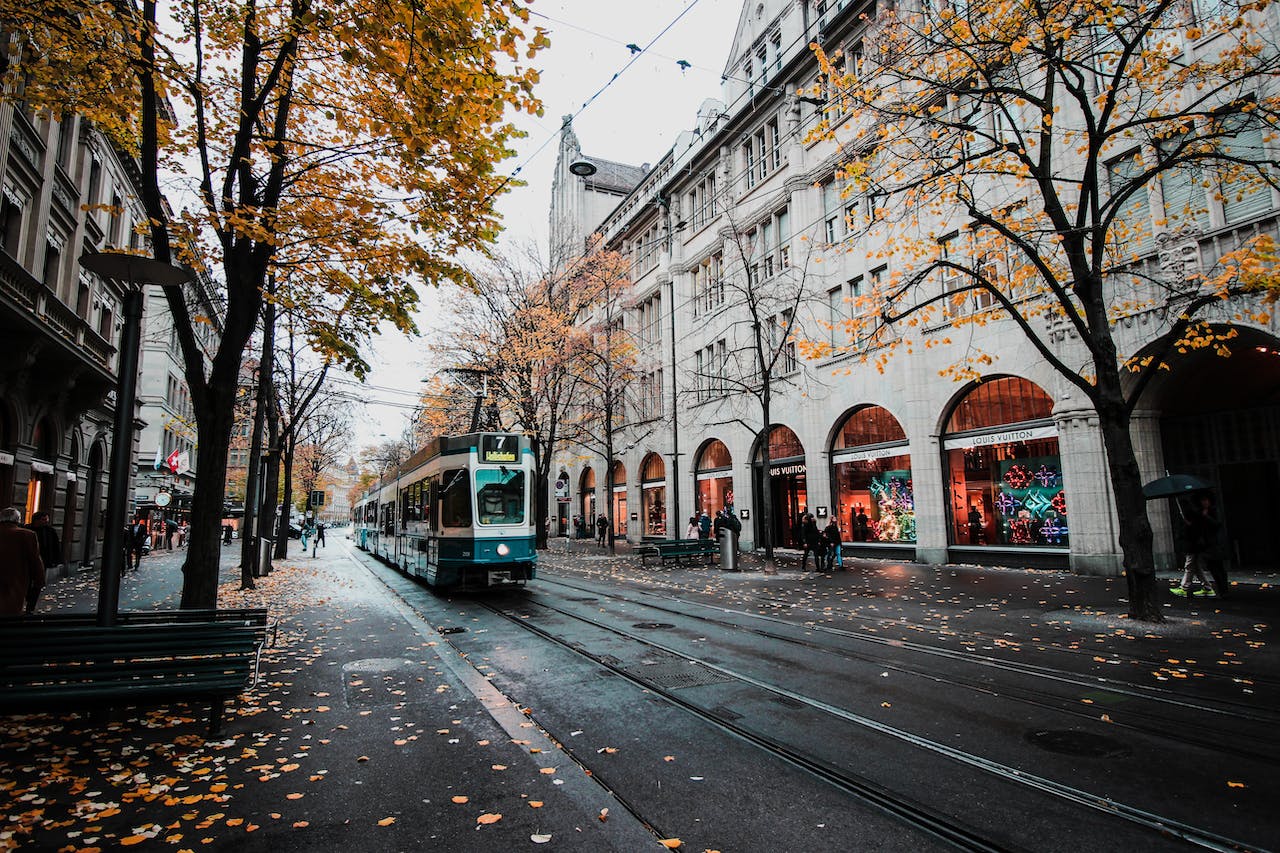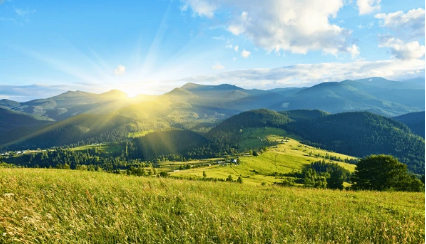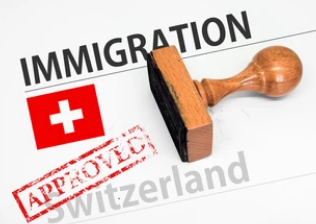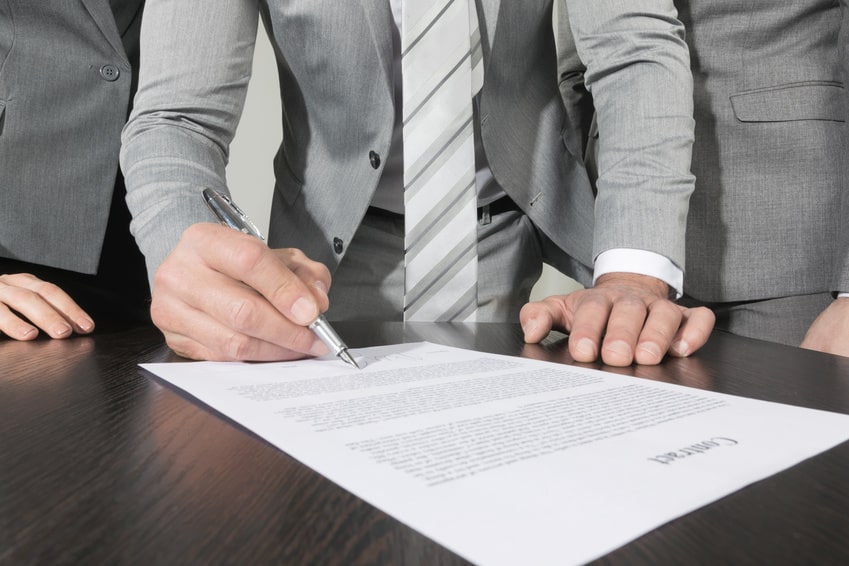The pandemic has created new opportunities for foreigners who can work remotely and for independents who can manage their business from anywhere. It is not uncommon anymore to settle in a place offering a high-quality lifestyle, such as Verbier and other ski resorts in Valais like Crans-Montana, Zermatt, Saas-Fee, Arolla and others to be able to work remotely for an employer based overseas or to manage a company. The costs of living, however, are quite high where buying a chalet or an appartment can be expensive in villages such as the sought-after Verbier.
The Verbier expat hotspot
Verbier, located in the French-speaking Val de Bagnes in Valais, is the ideal destination for expats planning to settle in the Swiss mountains. Located 20 min away from Martigny, this sunny village with its English-speaking restaurants, cafés and bars is a winter ski/snowboard hotspot offering top-class facilities for advanced and beginners.
Verbier is well-known for its winter and extreme sports opportunities with 410 km of ski runs and off-piste powder spots spread across Verbier, Nendaz, Veysonnaz, Thyon and La Tzoumaz: known as the “4 Vallées”.
During the summer, Verbier and the entire Val de Bagnes offer exceptional hiking trails around mountain lakes and the Mont-Fort as well as e-biking tours, paragliding flights, nature discovery trails with endemic species to observe, vinyasa and yin yoga retreats to enjoy and diverse food and wine events.
For families planning to settle and buy a property in Verbier, there are two different private international schools teaching in English and offering a high-quality education.
Before the pandemic these alpine hotspots were mostly busy during the winter season. However, the number of inhabitants who have decided to remain all year-round within their alpine property has recently risen due to remote working opportunities and the high quality lifestyle offered in the Swiss Alps during potential confinements.
Register and apply for the right Swiss permit
Upon arrival, any foreigner must declare himself/herself to the commune within 14 days and apply for the appropriate residency permit, where the procedures are handled by the Service de la Population et de la Migration in Sion.
There are five main categories of work permit procedures to be able to work, carry an independent activity, retire or settle without an activity in Valais:
- the EU-27/EFTA category
- the British post-Brexit category
- the non-EU category
- the lump sum tax agreement B permit
- the retiree B permit category
The EU-27/EFTA L and B permit
EU-27/EFTA citizens are regulated by the Agreement on the freedom of movement of people (AFMP) or ALCP in French, meaning that they can settle and work in Switzerland without any difficulties as long as they can prove that they have sufficient funds to cover their costs or hold a signed work contract.
The L permit is granted for a maximum of one year whereas the B permit is delivered for five years, depending on the length of the work contract and planned activity.
The EU worker can apply for the permit and start working without having to wait to receive the permit.
The independent must provide a business plan and a copy of the company’s registration document as well as the projected revenues over the next three years.
The seasonal L permit is quite common in Valais, concerning mostly snow sports instructors and hospitality staff who work during the winter season.
The arrival announce, to be completed online, concerns staff who come and work for 90 days during a year.
Any EU-27/AELE citizen can settle in Switzerland without working by requesting a residency B permit with no activity if he/she can provide proof of sufficient funds or revenues from overseas and a subscription to a Swiss medical insurance.
The British post-Brexit L and B permit
For British citizens, things have become more complex since the enforcement of Brexit. Since January 2021, British citizens are considered as non-EU in terms of permits, the only difference lies in the fact that special quotas exist meaning that there are more permits available to them than for other non-EU citizens. However, a work permit is applied for by the employer only, by proving that no one on the Swiss and European job market fulfilled the conditions of the advertised position and that the British worker is highly qualified. The canton can approve the permit request directly, without the federal level being involved.
The independent will have to demonstrate that the proposed business will contribute to the canton’ s economy and create jobs at the local level. Revenues over the next three years will have to be detailed and realistic.
British ski instructors therefore face more difficulties to obtain a short-term L permit, it will be up to the ski institutions to advertise the positions and apply in advance through the cantonal immigration authority. Every 1st January the quotas are reset and open.
Important:
British citizens who arrived in Switzerland before January 2021 have their rights protected under the protection of acquired rights. That means that a British citizen who was holding a B permit before 2021 is still assessed as an EU citizen and will be able to remain under the conditions of the AFMP. Family reunification procedures to bring spouses, children or parents are therefore more flexible for British B permit holders who arrived here before Brexit.
The non-EU L and B permit
Non-EU citizens cannot apply directly for a L or B work permit, it is the responsibility of the employer to obtain the permit by proving that the position was properly advertised and that no one on the Swiss and European job market met the conditions of the job. Strict conditions apply and the quotas of annual permits available can rapidly run out in some cantons like Geneva, Vaud and Zurich where multinationals hire a number of skilled workers.
Non-EU entrepreneurs can in some cases apply for a L permit to implement and develop a business in Switzerland, if they can show that the business will contribute to the economy of the canton and create employment opportunities.
For non-EU citizens, permit applications are firstly assessed by the canton and then reviewed by the SEM (Secrétariat d’Etat aux Migrations) in Bern at the federal level. The SEM has the discretionary power to accept or decline a non-EU L or B permit application.
Non-EU citizens cannot settle in Switzerland without an activity unless they retire or meet the lump sum taxation agreement conditions.
Obtaining a permit for remote working would therefore be much more difficult than for a EU-27/AELE citizen who would have the flexibility to work from home in Switzerland, as long as the financial conditions are met.
The lump sum taxation and residency permit in Valais
Lump-sum taxation, also known as expenditure-based taxation, is a simplified taxation system through which the taxpayer’s taxes are based on their spending and not on their revenues. The tax is calculated on the basis of the taxpayers’ total annual cost of living in Switzerland and abroad, for themselves and their dependents.
The law sets the minimum value on the basis of which the tax must be calculated. This value is based on a comparative system. Three elements are taken into account. Firstly, the tax calculated on the amount set by the law representing the minimum amount for expenditure. On a federal level, this amount is of CHF 400’000.- for European citizens. For non-European citizens, the minimal amount can vary as it is set by each canton. Secondly, the tax calculated on the annual rental value or gross rent multiplied by seven or three times the annual cost for housing and food. Lastly, the expenditure-based tax cannot be lower than the tax on certain gross elements of income and wealth in Switzerland.
In Valais, the non-EU B permit is granted on the basis of a lump sum taxation agreement of a minimum of CHF 2’800’000.-. The taxation agreement is negotiated with the canton and the SEM delivers the final decision concerning the approval of the B permit application. The foreigner cannot work while holding a B permit under the lump sum taxation agreement and is expected to buy a property in the canton.
The retiree residency B permit
Applying for a residency permit in Valais without a work activity can be challenging for a non-EU citizen who doesn’t meet the conditions of the canton’s lump sum taxation threshold.
First of all, the non-EU applicant must be over 55 and must be able to demonstrate strong personal ties with the canton and region where he is planning to settle. The retiree cannot undertake any work activities and must sign a statement about not working while living in Switzerland.
The applicant will have to prove, for instance, several trips to Switzerland in the past 5 years, strong ties with family members in the country and Swiss residents as well as personal interests in the canton. Proof of memberships to local associations or any involvement with the local Swiss community such as participation to events and festivities will be assessed by the authority. It is expected that the retiree is able to communicate in the language of the domicile by holding an A1 or A2 French language certificate.
The B retiree permit for a non-EU citizen must therefore fulfill strict conditions and is subject to the discretionary power of the canton and the SEM.
How to proceed
For the Verbier region, it is the “Office de la population” in Le Châble who is in charge of registering arrival forms and permit applications before sending them to Sion.
The arrival form can be downloaded in English here: https://www.valdebagnes.ch/_docn/2697605/05.3_FOR_Contr_annoncearrive-EN.pdf
Contact us for legal advice and permit application, we can advise you and handle any type of permit application on your behalf by applying a flat fee, depending on whether you are an EU-27/AELE or non-EU citizen, via info@legalexpat.ch or +41 22 787 04 60.
We can also meet in person in Verbier at the Mountain Hub, at 3 rue Médran 1936 Verbier, where we are based during the winter months every two weeks.
13/01/22 – Alexa Mossaz, immigration specialist at Legal Expat




